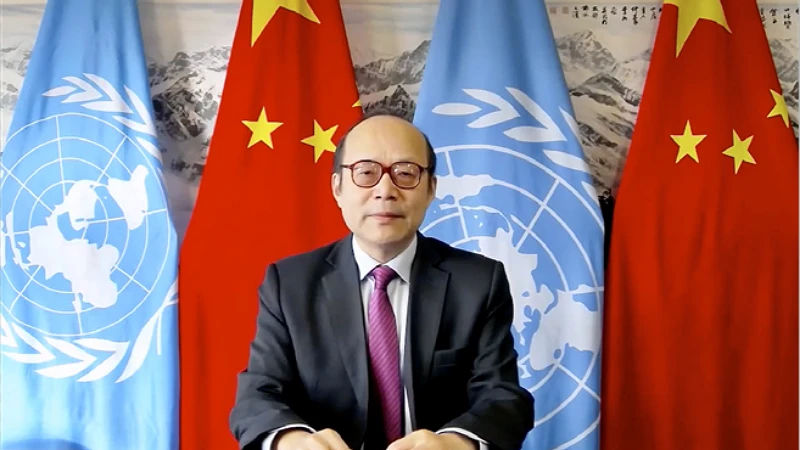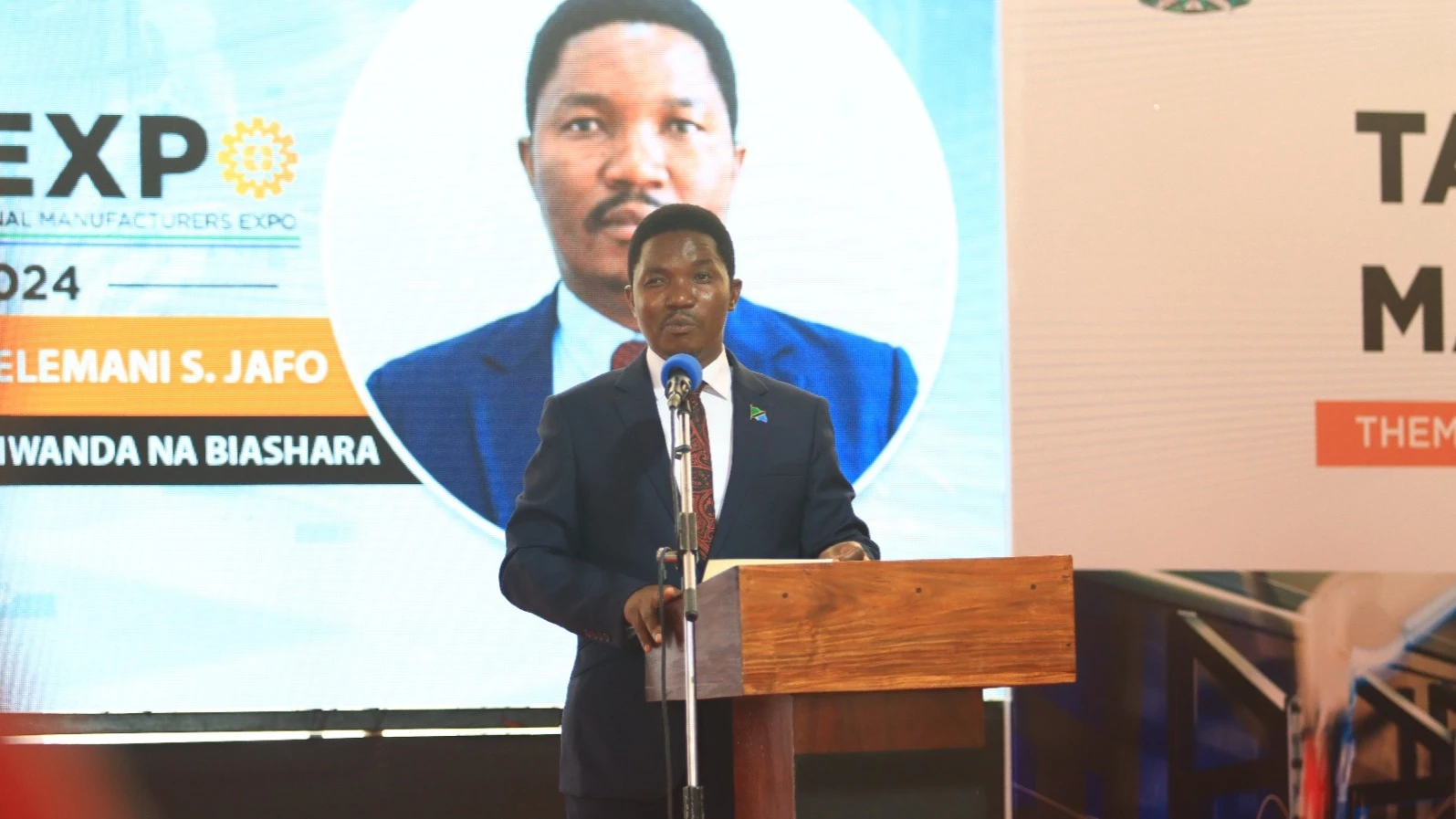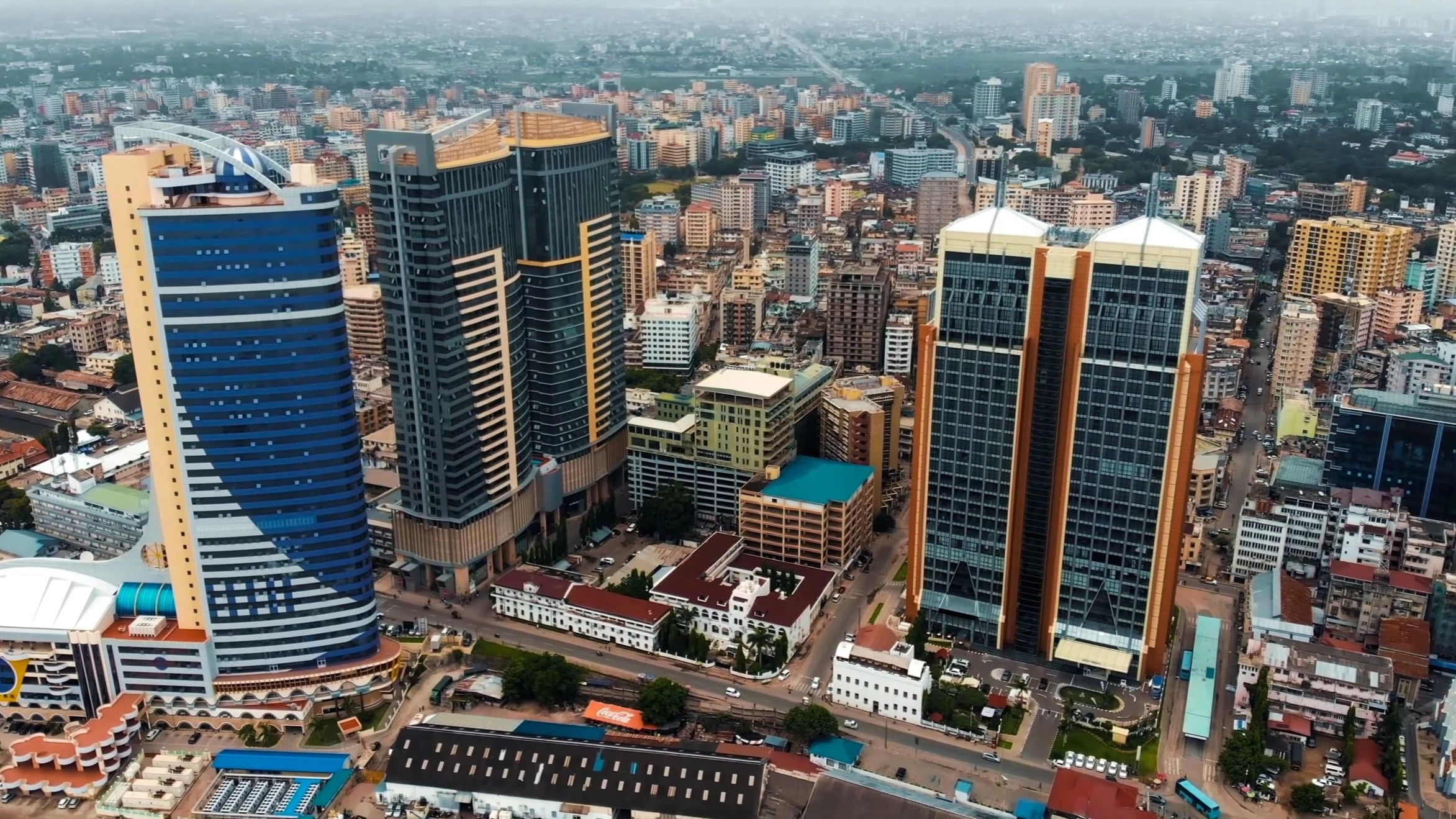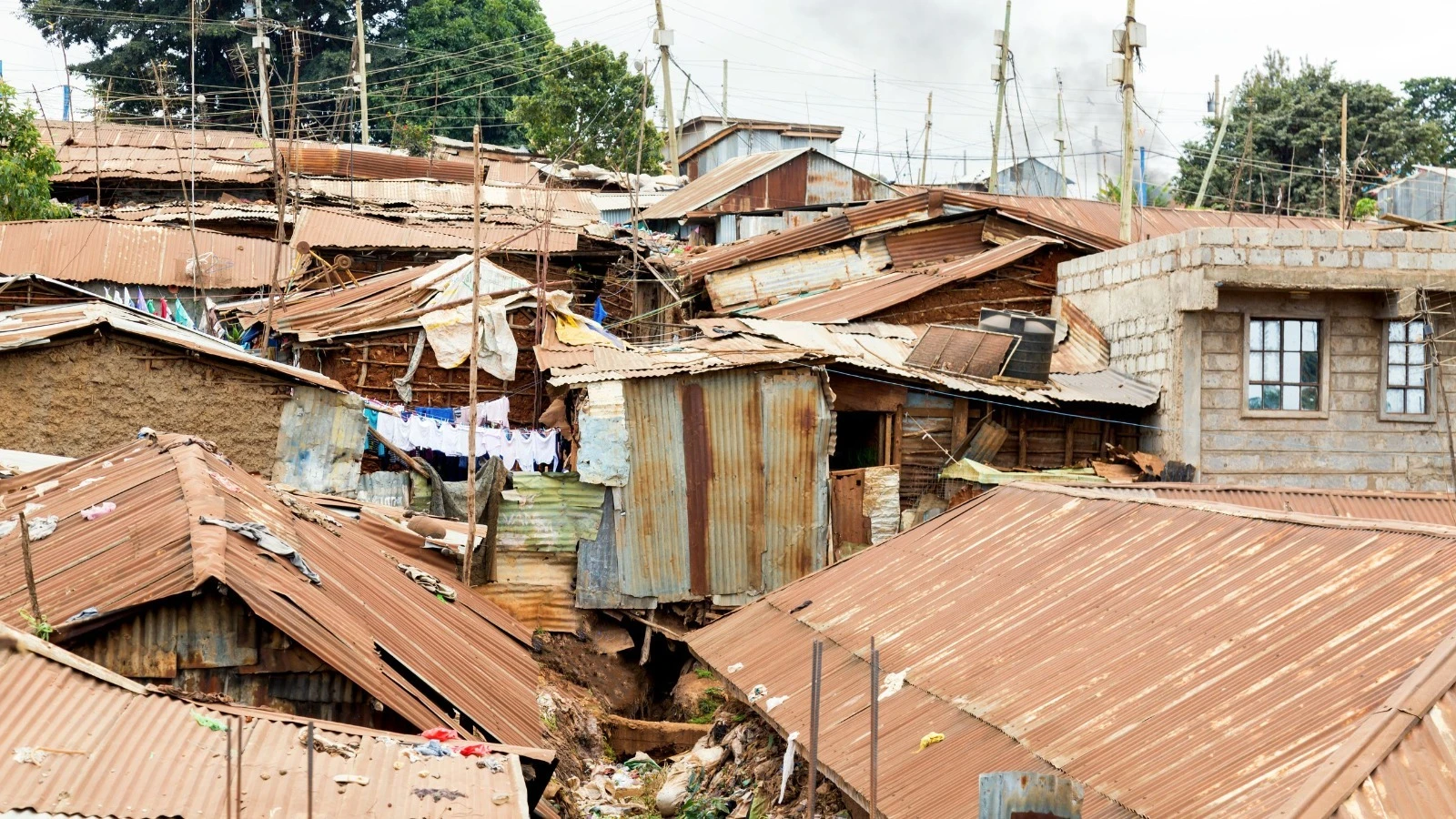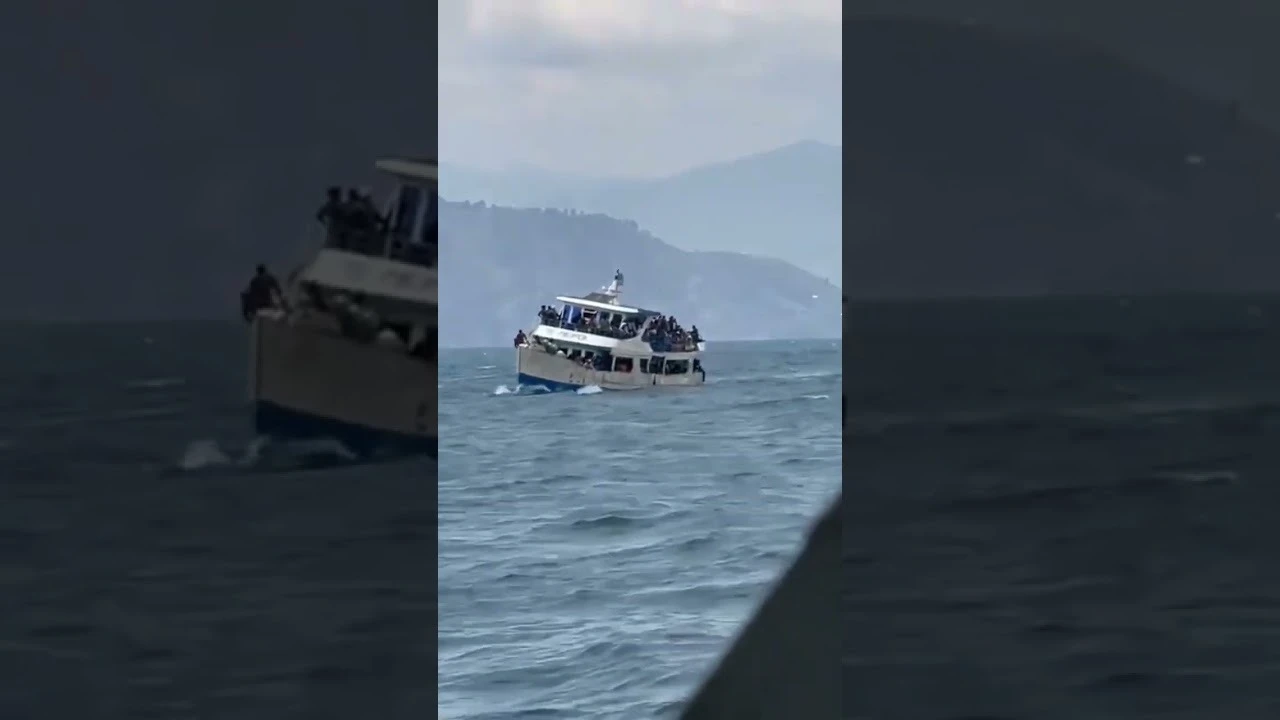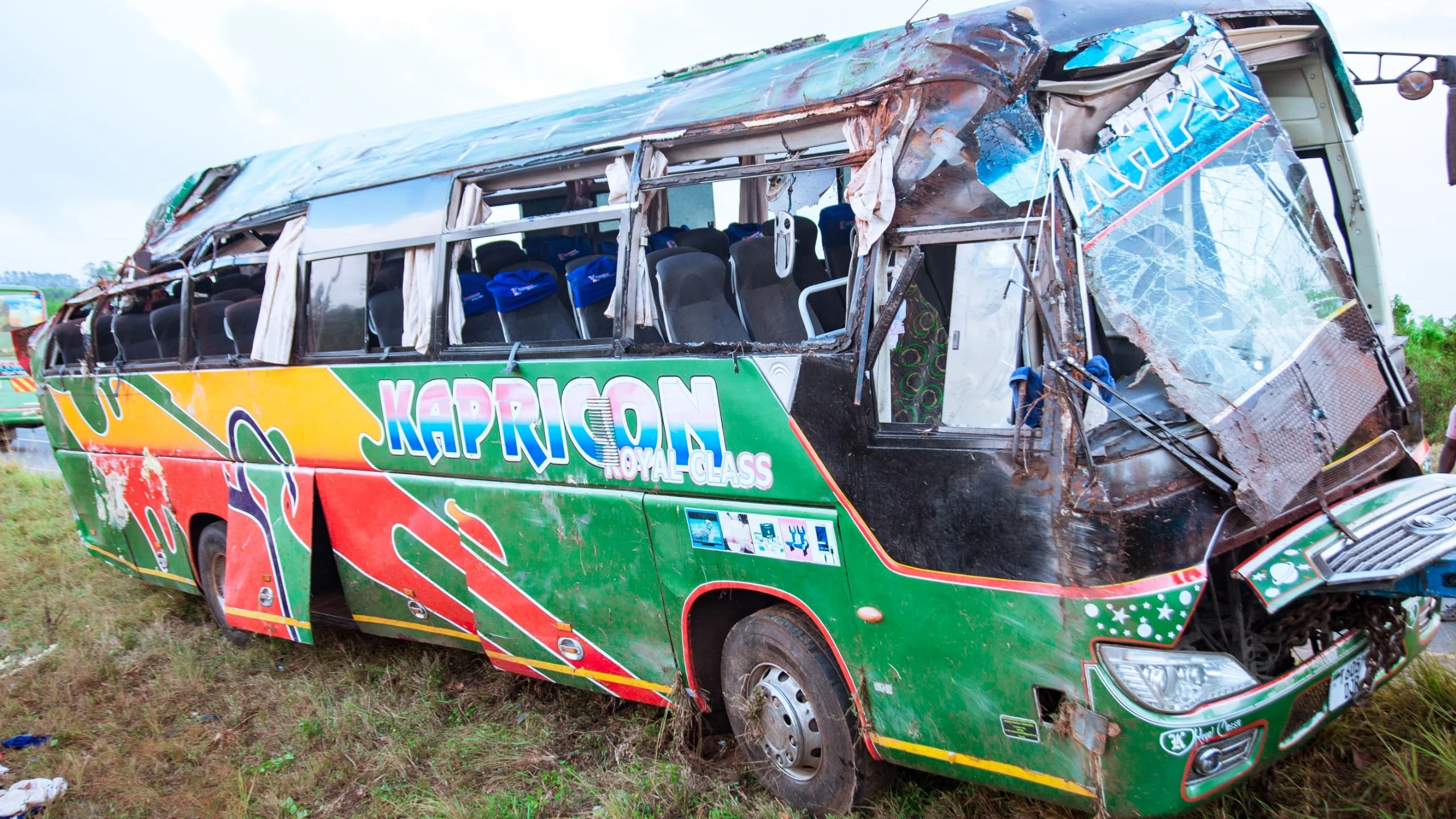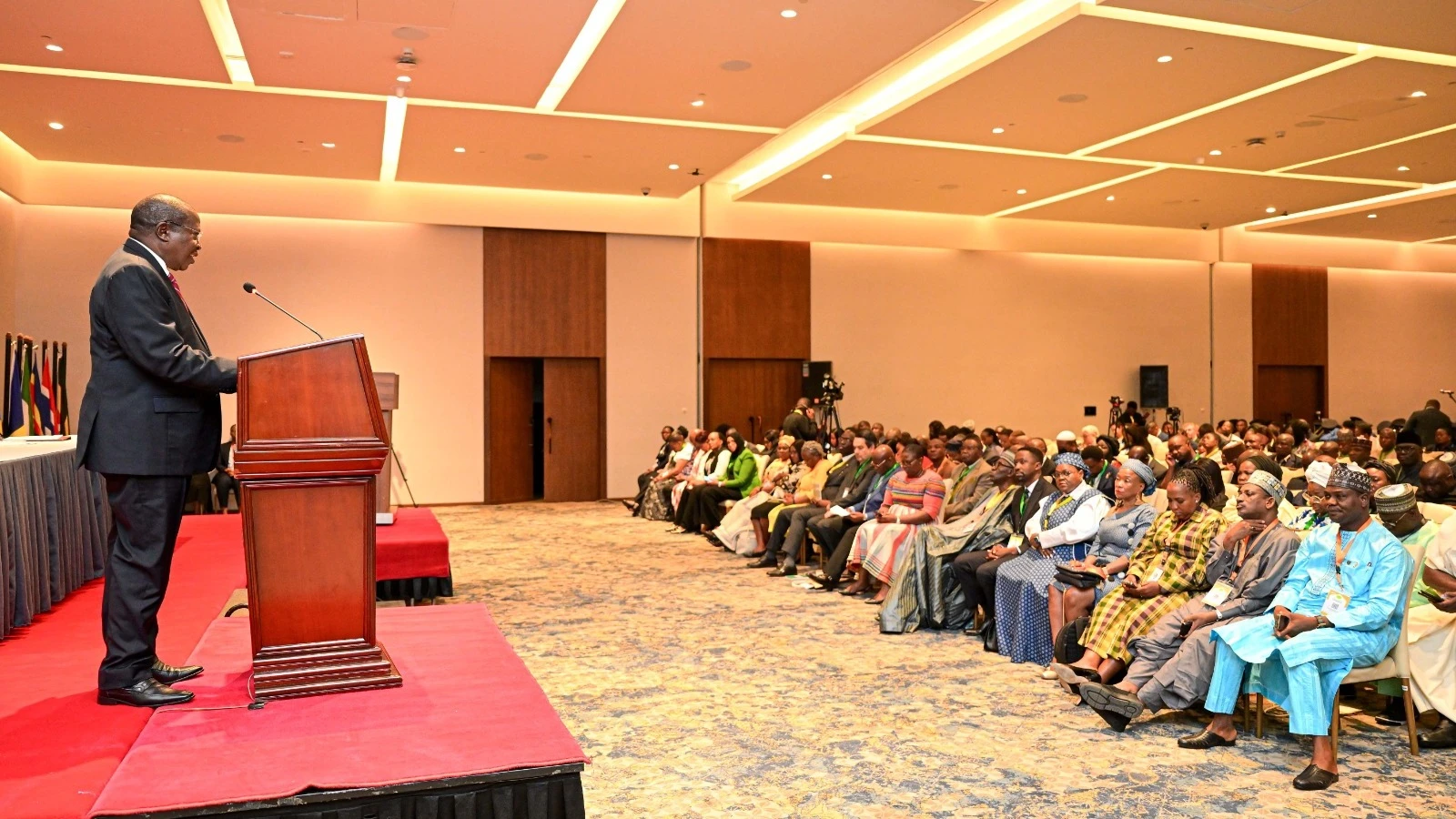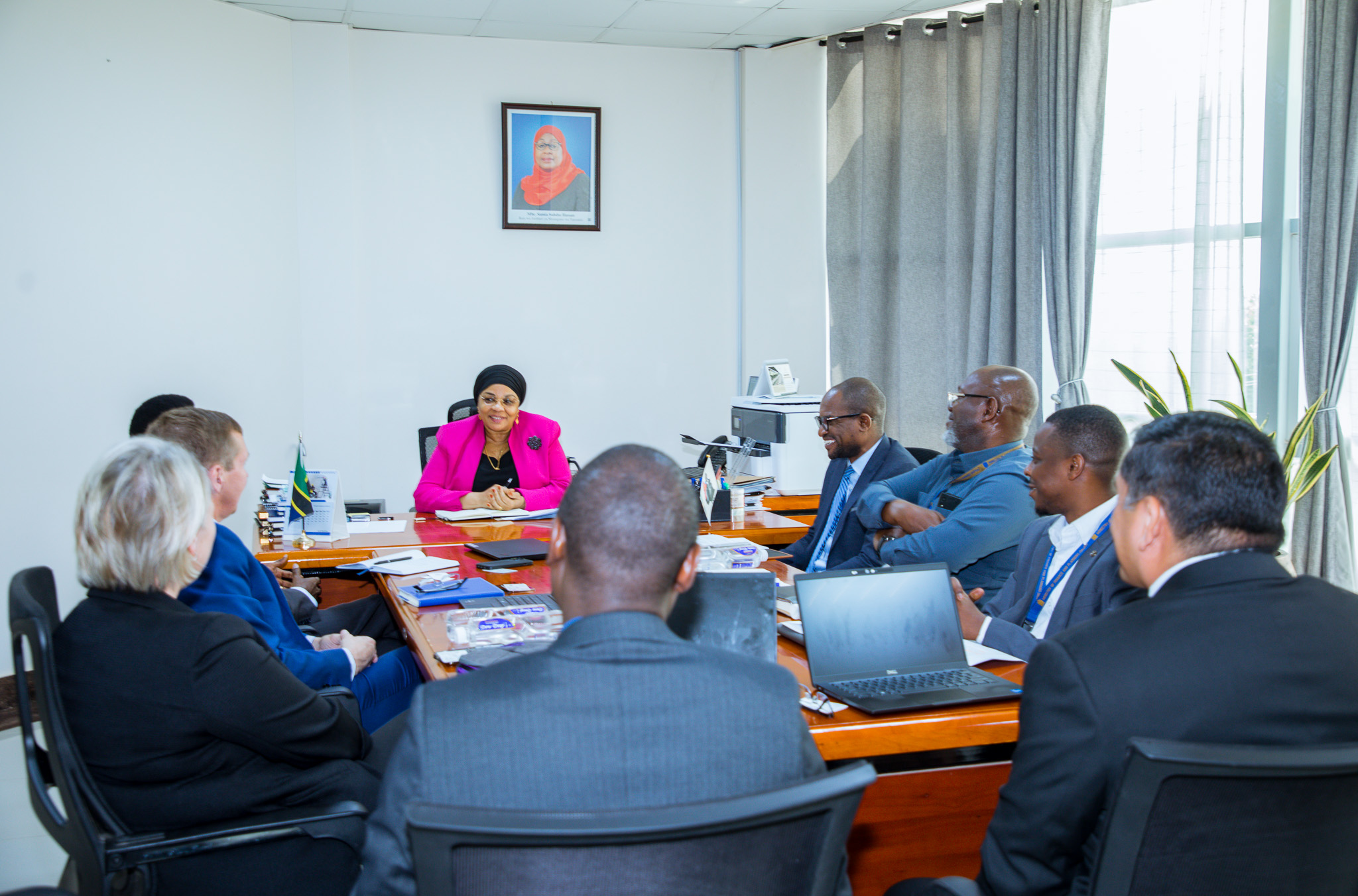UN body in drive to protect intangible cultural heritage
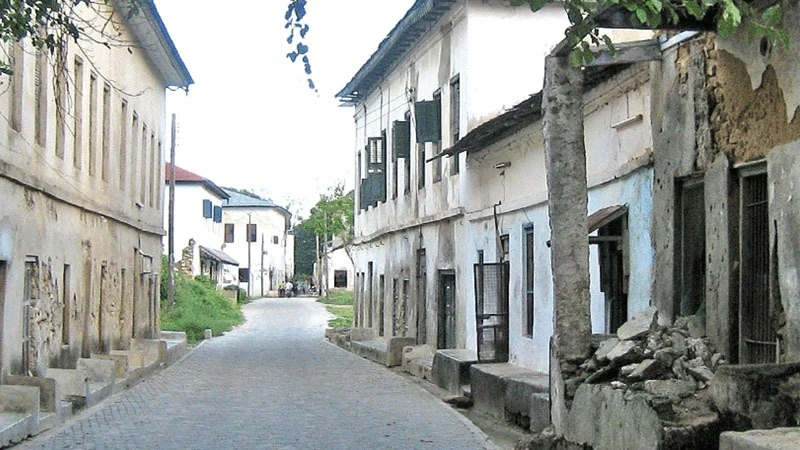
UNESCO field office in Tanzania is set to conduct a week-long training workshop to equip stakeholders with the skills and knowledge needed to identify, document, and safeguard intangible cultural heritage.
Slated for today Bagamoyo District, Coast Region the session intends among other things to establish a facility of experts and national trainers on intangible cultural heritage inventorying in Tanzania.
Nancy Mwaisaka, UNESCO national professional officer – culture said yesterday that the programme aims to foster a sense of ownership and empowerment among communities by actively involving them in the inventory process and establish sustainable practices for ongoing Intangible cultural heritage inventorying and safeguarding efforts.
She said that during the session, participants will be equipped on community-based inventory for intangible cultural heritage while at the same time attending a workshop on the development of the National Intangible Cultural Heritage Framework.
Concurrently, stakeholders will be able to review and refine the National Intangible Cultural Heritage Framework.
Draft a National Framework for the Safeguarding of Intangible Cultural Heritage where among other things stakeholders called upon the need to create community awareness on the intangible cultural heritage.
According to UNESCO, safeguarding Intangible Cultural Heritage (ICH) is crucial for maintaining cultural diversity and ensuring the transmission of these traditions to future generations.
The UN agency defines Community-based inventorying as a participatory approach that involves local communities in identifying and documenting their own heritage (ICH).
Tanzania is a signatory to UNESCO’s Convention for the Safeguarding of the Intangible Cultural Heritage.
Article 11 of the Convention among other things commits State Parties to take the necessary measures to ensure the safeguarding of the intangible cultural heritage present in its territory.
It also calls upon State Parties to identify and define the various elements of the intangible cultural heritage present in its territory, with the participation of communities, groups and relevant non-governmental organizations.
The week-long session is expected to bring together Arts and culture stakeholders as well as members of the press within the United Republic of Tanzania.
Top Headlines
© 2024 IPPMEDIA.COM. ALL RIGHTS RESERVED








